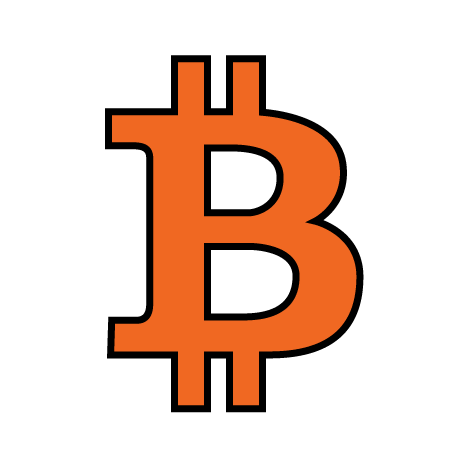 Reid Hoffman has an excellent article over at Wired discussing the history of bitcoin, the current state of this new(ish) technology, and why the blockchain matters.
Reid Hoffman has an excellent article over at Wired discussing the history of bitcoin, the current state of this new(ish) technology, and why the blockchain matters.
Bitcoin is still so new it seems bizarre to most people. Yet consider how far it has come since November 1, 2008, the day that someone using the name Satoshi Nakamoto posted a white paper to a cryptography mailing list describing a "peer-to-peer version of electronic cash [that] would allow online payments to be sent directly from one party to another without going through a financial institution."
He continues with
And now, just six years later, more than 100,000 merchants accept Bitcoin. You can also use it in direct transactions with the currency's seven-million-plus users. Venture capitalists have invested more than $500 million (£340m) into Bitcoin-related startups.
The article is smart and breaks down a key difference between traditional currency and bitcoin. Specifically that the blockchain "adds new digital, cryptographic, distributed server functions to currencies. Because it functions simultaneously as a currency, an asset and a platform, Bitcoin is better described as a global cryptoCAP (currency, asset, platform)."
I especially like his conclusion that
Bitcoin makes money programmable. With Bitcoin, the world's smartest and most creative software developers have an open platform on which to build products and services that will allow individuals, organisations and even machines to do business with each other more flexibly, more efficiently, more frequently and more productively.
Definitely click through and read the entire article.